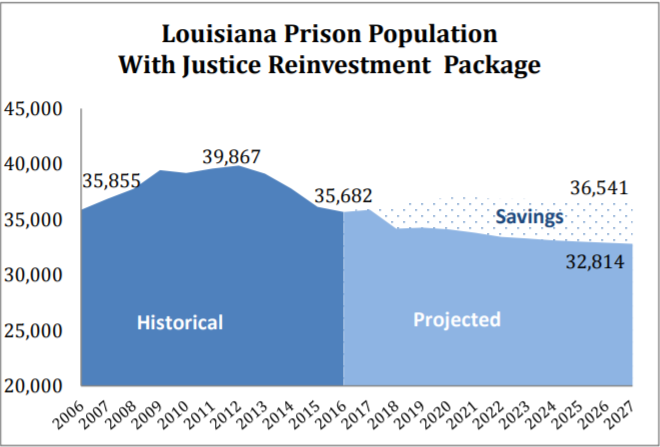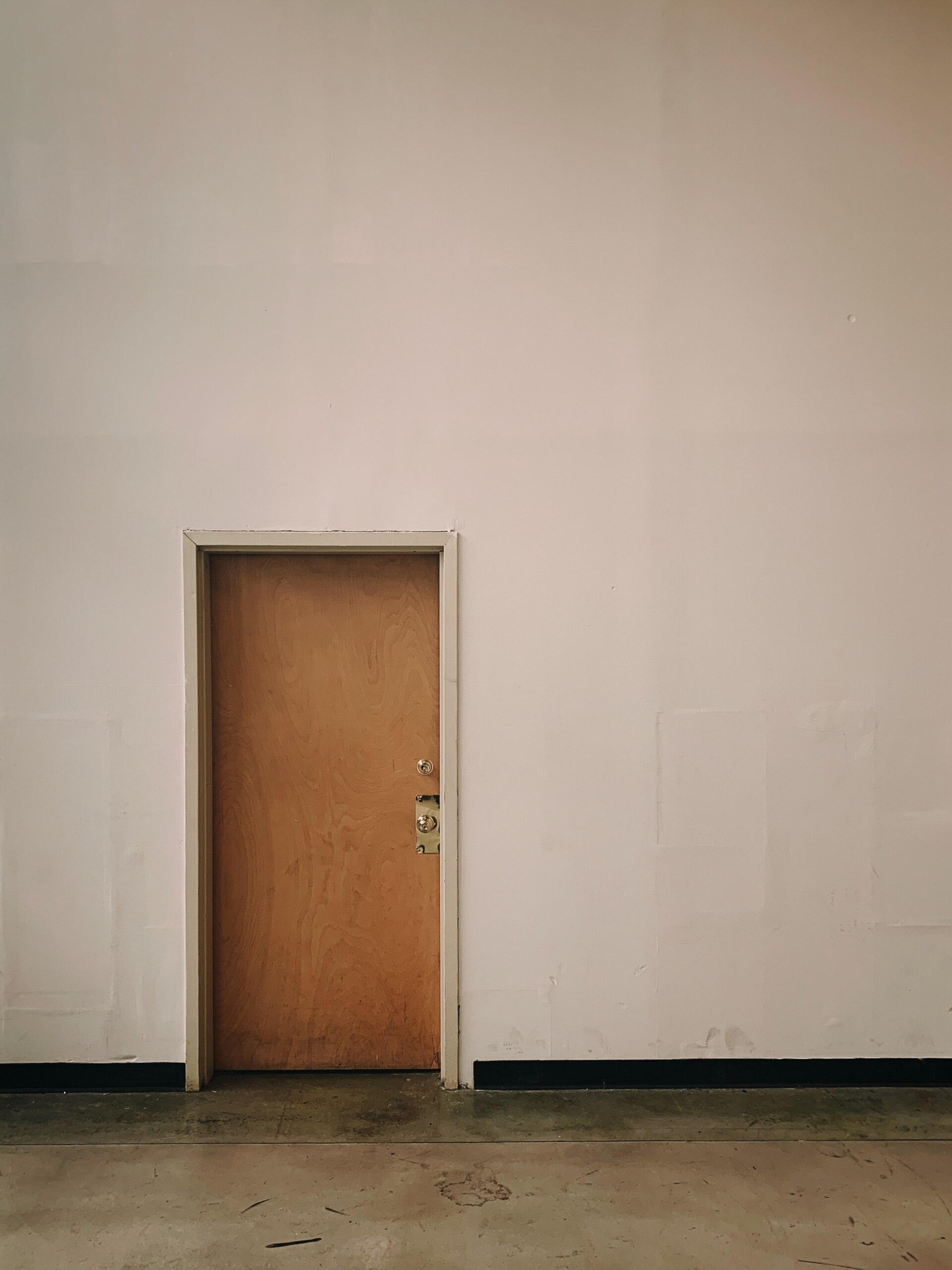
Posted on
October 24, 2017
in
What Does Criminal Justice Reform Mean For Louisiana?
Louisiana passed and enacted a Justice Reinvestment Package, what was modeled on successful reforms in other states that have demonstrably improved public safety, reduced crime and recidivism, and also saved taxpayer money at the same time. Recently, these reforms have been in the news across the state, so we wanted to provide some clarification regarding what the reforms are – and aren’t – and why they are important to our state.
Louisiana’s Criminal Justice Problem
Prior to these reforms, Louisiana spent more than $700 million annually on corrections, had an imprisonment rate of nearly double the national average (in fact, the highest in the country), and sent non-violent offenders to prison at three times the rate of neighboring states.
What Was Achieved
The legislation that was passed is aimed at a reduction in prison population of 10% and savings of $262 million over the next decade. That is a very conservative estimate.
70% of the savings, amounting to around $184 million, are earmarked for reinvestment in policies and programs that are proven to reduce recidivism and support crime victims. Additionally, a reduction in community supervision of 12% was enacted in order to make caseload sizes more manageable for probation and parole.

Outcomes For Louisiana
The legislation was focused on a few key aspects of justice reinvestment and criminal justice reform. Among the more important outcomes for Louisiana:
- Focus prison beds on those who pose a serious threat to society
- Strengthen community supervision
- Clear away barriers to reentry
- Reinvest a substantial portion of savings
Ultimately, all of these things are good for Louisiana.
Related posts
April 2, 2024
Louisiana Economic Situation March 2024: Employment Declines by 16,000 Since March 2023
It’s Geaux Time in Louisiana. The potential changes in Baton Rouge to remove barriers to work and let [...]
Read moreApril 1, 2024
A Better Way to Work: Louisiana Embraces the One Door Solution
Louisiana is facing a workforce crisis. We have millions relying on safety net programs while employers [...]
Read moreJanuary 26, 2024
Employment Declines for the 7th Straight Month: Louisiana Economic Situation January 2024
Louisiana’s economy needs a comeback. While there are many reasons why, a major reason is that the state [...]
Read moreJanuary 2, 2024
One Door to Lift Louisianans Out of Poverty
With its bustling ports, abundant resources, and rich culinary traditions, Louisiana should be thriving. [...]
Read more


